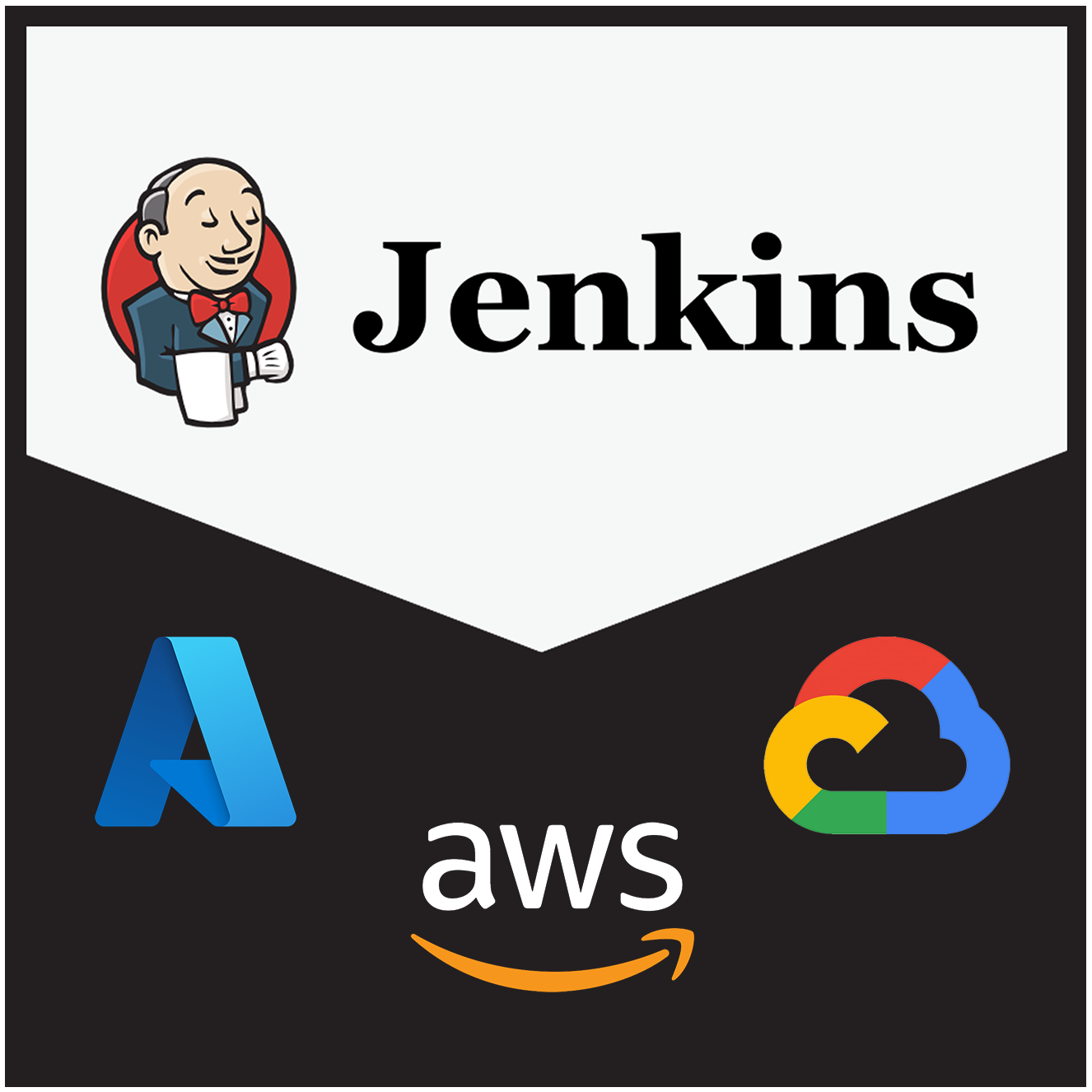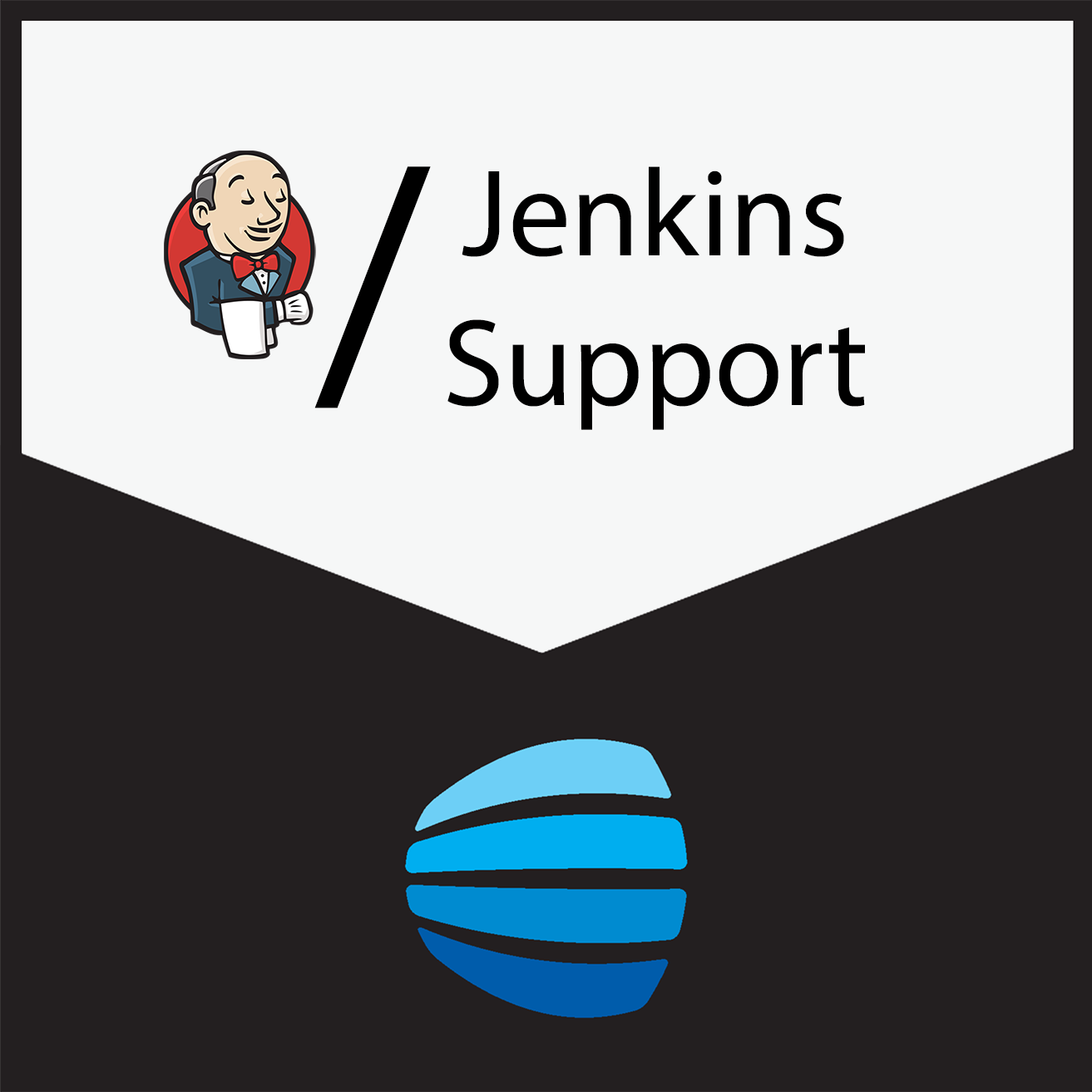Jenkins Software
Jenkins is an extensible CICD server that enables developers to build, test and refine their source code in the most efficient way possible.
From humble beginnings Jenkins OSS continues to lead the way.
Software Development with Jenkins Software
What sets Jenkins apart from other open-source CICD solutions is the multi-platform capabilities, integrations with modern software development tooling and customisation options that enable software teams to configure their software development workflows to support their individual use-cases. In this way, Jenkins is not opinionated about how your software development teams should work but provides a feature-rich platform for them to build productive developer experiences.
Software development practices have evolved significantly in the past decade. Today most software development teams need to build, test and package code on all their branches, and they need to be able to build, test and validate pull requests before merging. As a result, the load on the CICD server has increased significantly. Fortunately, Jenkins manages concurrency very well, and today, our Large Jenkins Controller has 32X concurrency. It can handle running more than 32 Jenkins pipelines at anytime, say goodbye to bottlenecks and wasted time.
Jenkins pipelines are the triumph in CICD innovation and a major productivity enabler for DevOps Engineers. The rich domain specific language provided by Jenkins enables DevOps engineers to craft reusuable components that can help scale software development activity and create happier more productive developer experiences. If you have felt cramped with your yaml based configuration files provided by your SaaS based CICD provider then Jenkins Pipelines will feel liberating.
Modern software development tooling requires sophisticated capabilities like the ability to integrate with cloud services, container orchestration platforms and container solutions. Jenkins has plugins that provide high quality integrations with these solutions.
Jenkins can run on Linux, Windows, MacOS and anything with enough resources that can run a Java virtual machine.
Features like the real-time console log, slack, teams and email notifications means developers get feedback faster improving the developer experience.
Improve productivity within your software development teams with feature-rich automations to speed up the build, test and deployment processes.
Extend your Jenkins and integrate with multiple world-class third-party vendors into your software development pipelines.
Demanding software development practices require concurrency and parralelism for better/faster developer experiences.
Jenkins separates and orchestrates workloads, manages incoming webhooks, and delegates work to multiple ephemeral agents.
Jenkins integrates supports all languages, cloud services, container orchestration platforms and container solutions.
Developers get more from Jenkins because they get feedback faster. Real-time console logs, traffic light reporting, Slack, Teams and email notifications.
Transform Software Development with Jenkins Software
Transform software development with Jenkins Software
When working with Jenkins, consider the opportunities to standardise the software development process by integrating building, testing, quality assurance, and change management into the Jenkins pipelines that the software developers use. Take this even further by building shared libraries and enabling software developers to compose their pipelines with declarative pipelines and shared libraries.
Software developers leverage the capabilities of the Jenkins ecosystem to be more productive in our day to day work. Reduce the feedback loop of software development workflows while improving build speeds and testing times.
DevOps Engineers deliver functionality across a larger software development team with shared libraries without the distraction of managing plugins, or the Jenkins Software itself.
Software Development Managers know that any new release has been through various refinements and test stages, increasing confidence in software development process.
In addition, pipelines provide the same features to reduce the on-boarding time for new engineers.
Plugins reduce the time it takes to integrate third-party vendors, saving this time to focus on more valuable integration aspects like writing the tests and features and continuing with backlog items.
Jenkins Pipelines can put all the software through the same rigorous quality checks.
The consolidation of tooling reduces the overhead of growing software teams.
Integrate Cloud Services, Container Orchestration and Containers seamlessly.
Plugins reduce the time it takes to integrate third party vendors.

Frequently Asked Questions
Start your 7 day free trial. No credit card required.



